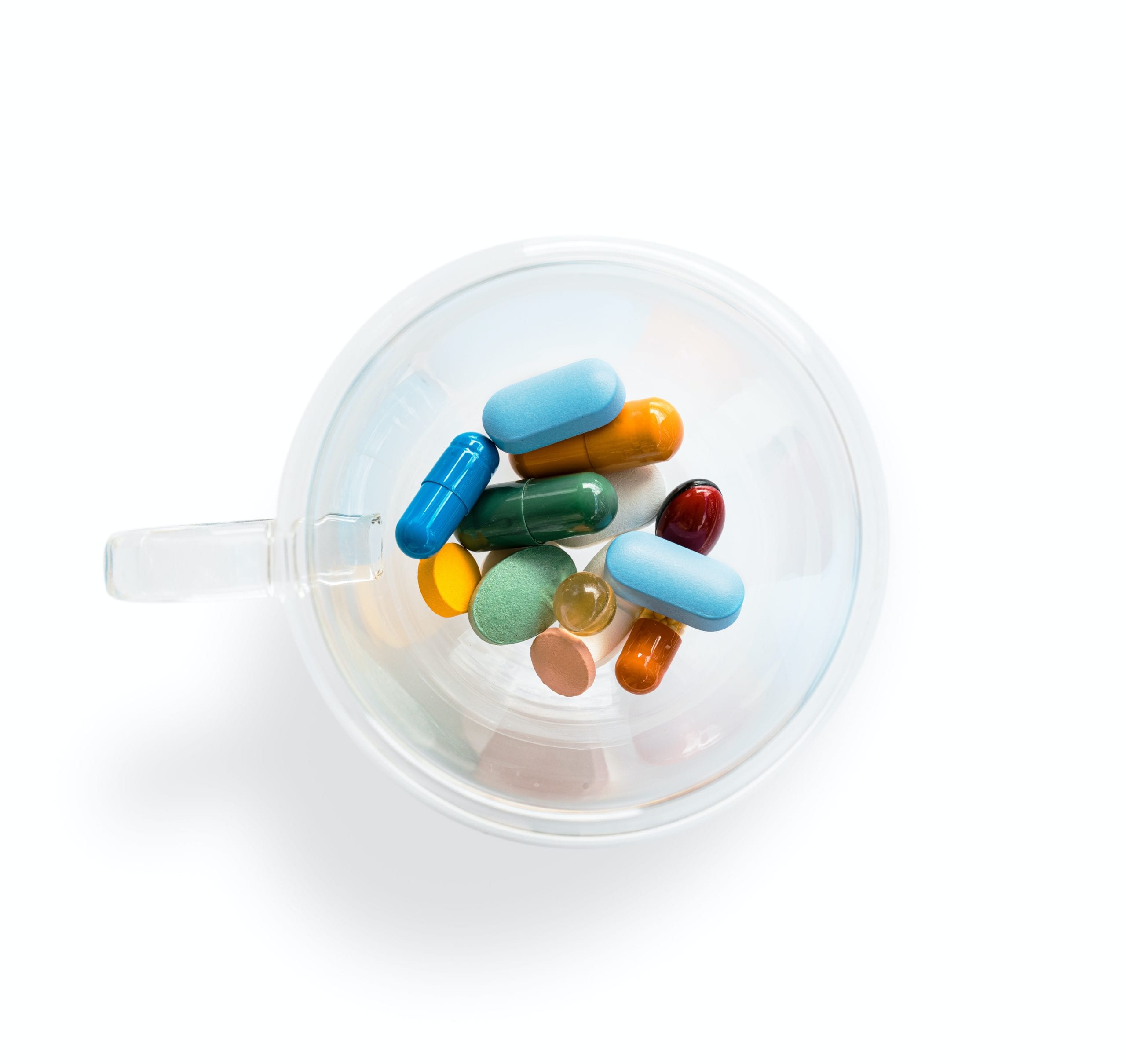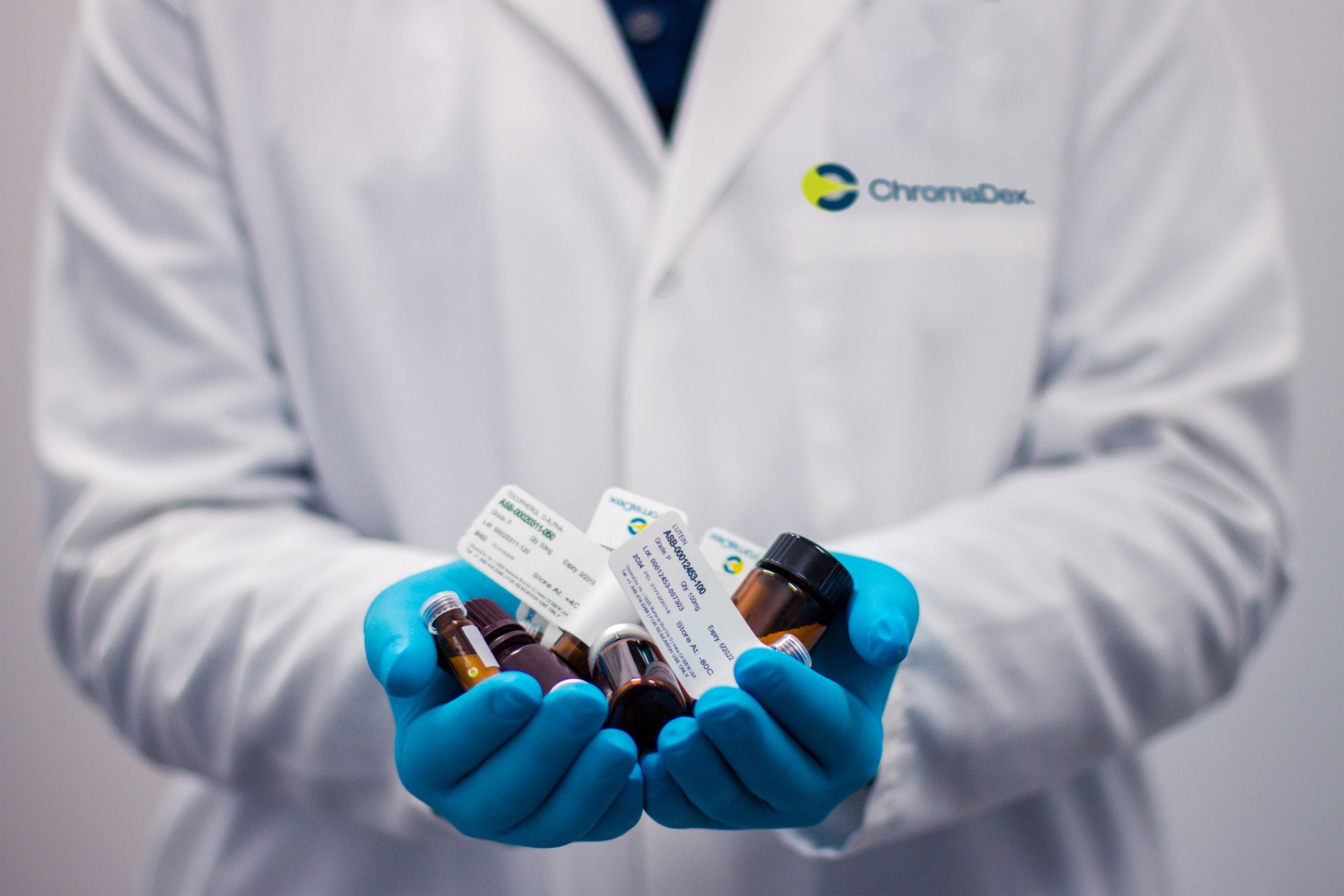A lot of us don’t know what the actual difference between generic and name-brand prescription medications is. While we might buy generic drugs to save a few dollars, there’s always a question creeping in the backs of our minds: do they really work as well as name-brand?
Recently Buzzfeed spoke to Dr. Joshua Brown, a pharmacist and drug safety researcher for the Department of Pharmaceutical Outcomes & Policy at the University of Florida College of Pharmacy and the Center for Drug Evaluation & Safety.
First, he explains how generic and name-brand drugs are different from one another:
A generic version of a name brand drug is a ‘copycat’ product that includes the same active ingredient, but might look different in appearance and may contain other ingredients that are different from those in the original.
That makes sense: name-brand Tylenol and the Target brand of Tylenol have the same main ingredient, though they may contain other ingredients that differ. Got it.
He compares the medications to Oreos:
It is similar to when you buy ‘off-brand’ Oreos or the ‘store brand’ paper towels.
These products are meant to be more affordable, near perfect copies of the name brand.
Of course, when it comes to Oreos, there’s no substitute in my view and some growing evidence suggests this may be true for many generic products.
He also explained that we usually don’t see generic drugs out on the shelves until a full 20 years after a name-brand drug has debuted.
Typically, medications get a 20-year patent, which allows pharmaceutical companies to recoup the huge costs of developing new drugs.
Once those 20 years are up, other manufacturers can begin to make copies of these drugs.

Photo by Adam Nieścioruk on Unsplash
There are also different kinds of generic drugs: “authorized generics,” where the company will opt to make their own generic version of a medication, and regular generics.
Authorized generics are usually identical to the name-brand drug.
Dr. Brown also explains that there’s also one big reason why there aren’t generic versions of every name-brand drug: litigation.
Companies who own the brand sue for patent infringement to delay generics being approved.
There are also instances where brand companies simply pay off generic companies to not make a generic version.
Also, as I mentioned before, different parts of a product can be patented, including the active ingredient, the formulation, the chemical synthesis to make the active ingredient, and so on.
Furthermore, making a certain drug may just be too complicated and generic companies might not want to take the risk.
While generic drugs have the same active ingredient as the name-brand, they don’t have to have the same amount of that ingredient.
This is called being ‘bioequivalent’ to the name brand product.
The generic product must deliver the active ingredient into the blood system between 80% and 125% of the name brand product.
A study by the FDA found that most are within +/- 5%.
Dr. Brown shares that generic drugs make up 90% of the prescriptions that patients receive, which is pretty impressive.

Photo by Gabrielle Rocha Rios on Unsplash
Ultimately, he says that if you’re deciding between name-brand and generic, there are two key reasons to go for name-brand: for drugs that have narrow therapeutic indices and could cause serious consequences if they aren’t taken correctly.
Narrow therapeutic indices are drugs that, if you change the dose — even a small amount — it can change the safety or effectiveness profile substantially.
While complex generic product is broadly defined by the FDA as drugs that have complex formulations.
Because most drugs do not fit into these two categories, they are less of a concern when it comes to choosing between the generic version or name brand.
Well, there you have it! It turns out there are some pretty key differences between generic and name-brand drugs.
Luckily, it doesn’t seem like those differences matter too much unless you are taking a few key medications.
What did you think about this information Does it change how you’ll buy your medications? Let us know in the comments!
The post Expert Explains the Real Differences Between Generic and Name-Brand Drugs appeared first on UberFacts.
